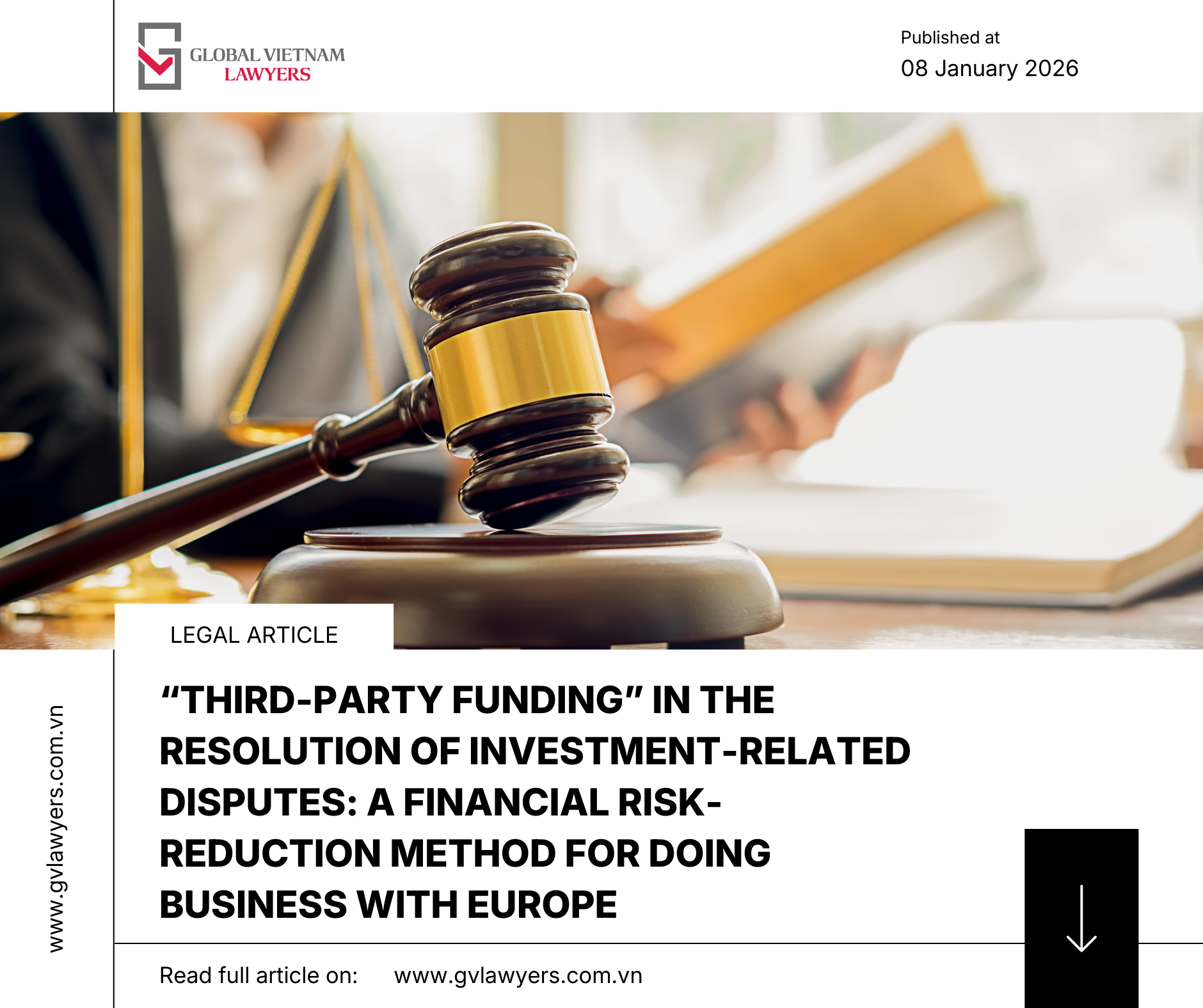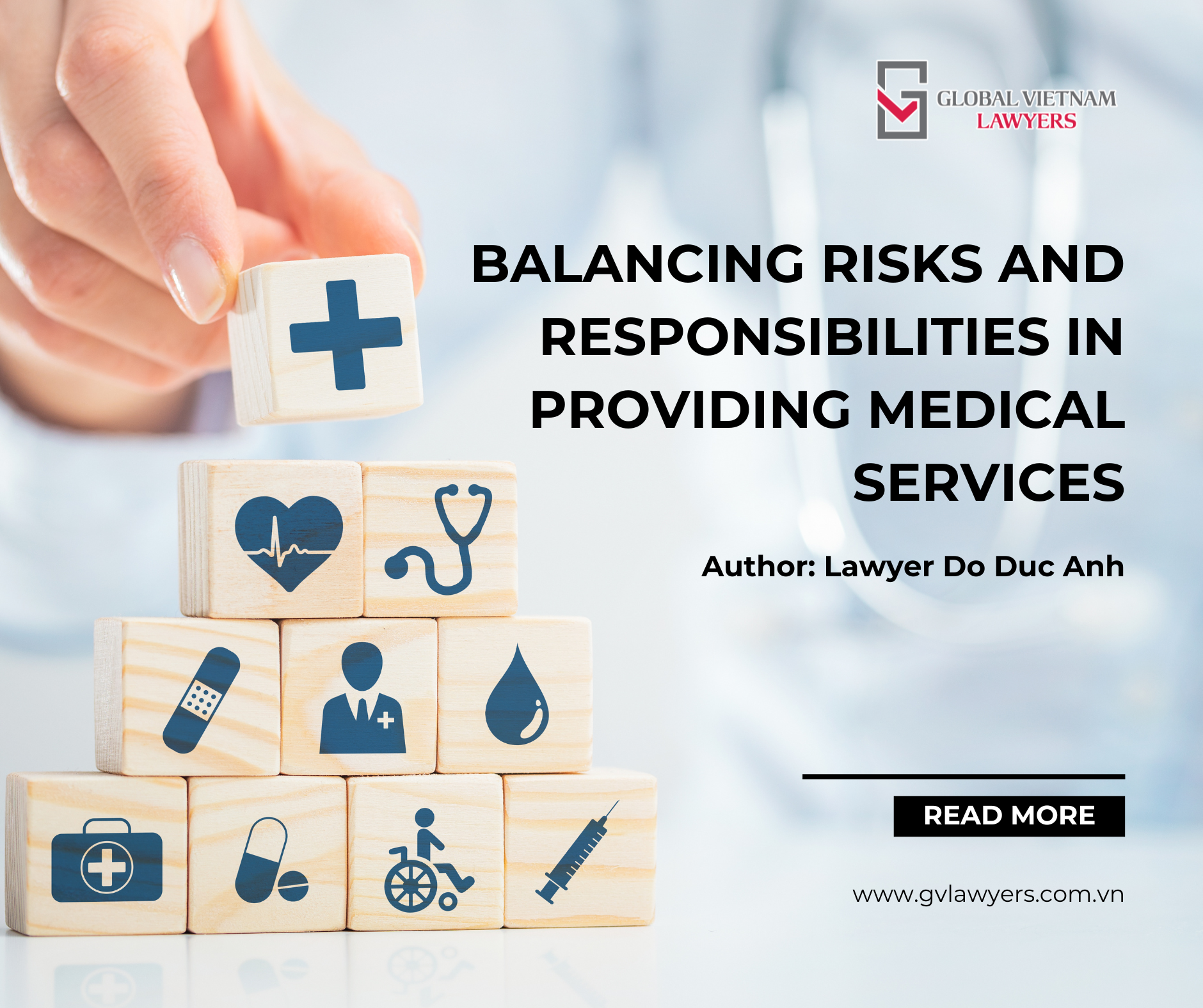GV Lawyers would like to introduce our valued readers an article by Lawyer Hoang Quoc Nhat Trung and Lawyer Ho Thi Tram titled “Claiming a debt at the end of the year” posted Saigon Economic Times, No. 3-2018 (1.414) on 18 January 2018.
***
Year-end stories buzzing among the entrepreneurs chatting over coffee, boil down to a longstanding problem: debt recovery, in addition to cherished dreams and business plans in their new year. Along the way, there comes a heated debate on a simple question: what is debt?
Is a debt not a debt in its own right?
From an angle of general commerce and from a creditor’s perspective, a debt seems easy to be defined: whenever an enterprise sells goods or provides services to its customers but has not yet recovered the goods or service proceeds, it is a debt. The form of selling goods on credit to a dealer on the basis of an overlapping debt constitutes a debt. The fact that a construction project is completed but the investor has not made the final payment results in a debt.
However, from a legal viewpoint, the said business debts are substantively not so in their own right. What is debt? As a matter of law, a debt is considered actually existing only when the debt arises from a loan agreement or the obligation from a commercial contract that has confirmed such debt. That means not every commercial debt is considered a debt from the legal perspective despite the fact that the sale or service is actually completed.
Take for example: A hires B to build a coffee shop. The two parties sign a clear construction contract. After completing construction, B requests A to finalize payment of the project and settle for the unpaid remaining construction. A hesitates and refuses to sign the final payment certificate for the project.
For B, the costs B spent on the construction of a coffee shop under the signed contract are a debt or receivable. However, legally, it is uncertain that such costs will be recognized (in whole or in part) because A has not yet confirmed the debt. If B files a lawsuit against A, it is likely that A will cite a myriad of reasons to deny the debt or reduce it. The most common reason is that B does not guarantee quality, meet the schedule, remedy the one fault or the other, etc. It is rare that there are no errors in the course of performing a contract (especially the construction contract). Or if A does not act in good faith, making a mountain out of a molehill to force B to more or less make concessions in claiming debts. The original dispute is over a debt recovery but later became a contract dispute that will be very complicated and take much time to solve.
 However small they are, the procedures for debt confirmation decide whether to win or lose upon claiming a debt
However small they are, the procedures for debt confirmation decide whether to win or lose upon claiming a debt
Upon claiming a debt, there are two crucial things: whether the debt has been confirmed and whether the debtor has solvency. So, if you want to claim a debt, you must first have a debt confirmation. Debt confirmation may be made in such various forms as contract liquidation minutes, debt reconciliation minutes, any debt certification and etc provided that the amount of debt between the parties is clearly stated.
The best way to confirm debt is closely linked to a contract liquidation to turn a business debt into a pure debt. Upon confirmation of the debt and liquidation of the contract, the parties terminate the contractual relationship. In other words, no party can subject the contract to dispute again. Now encapsulated between the two parties is only the debtor-creditor relationship. If the case is brought to the court, the creditor will certainly win the case because the outcome of the debt claim is clear, simple and fast. In addition, any debt confirmation (and contract liquidation) may in some cases also help avoid the expiry of the statute of limitations for initiating a lawsuit as well as evade a debt review if there is a change in the person in charge of the debts related to any debtor or creditor. Once obtaining a written debt confirmation by the lawful representatives of the parties (legal or authorized representatives), creditors arguably “have played it safe by holding the handle” and may rest assured that they can recover debts before or after the New Year with strong evidence thereof and some time spent on doing so.









